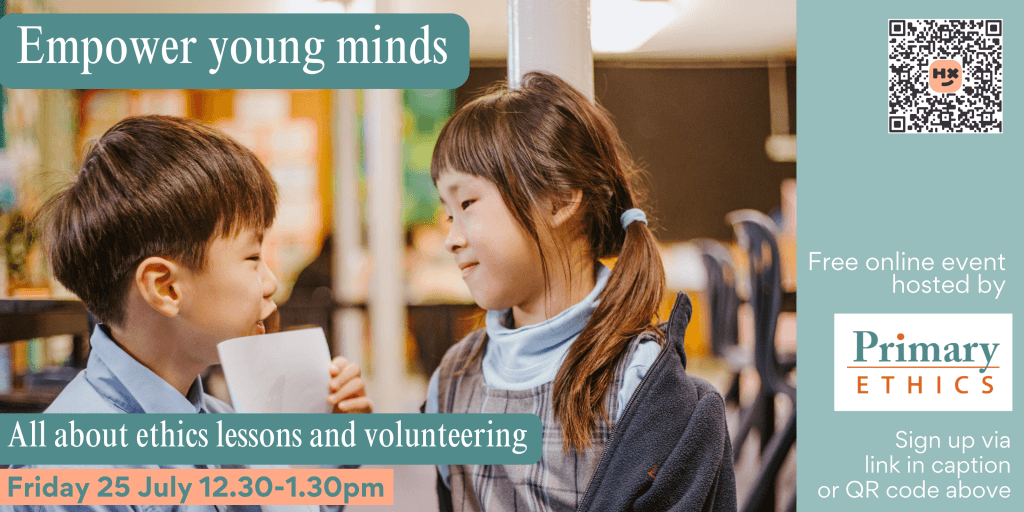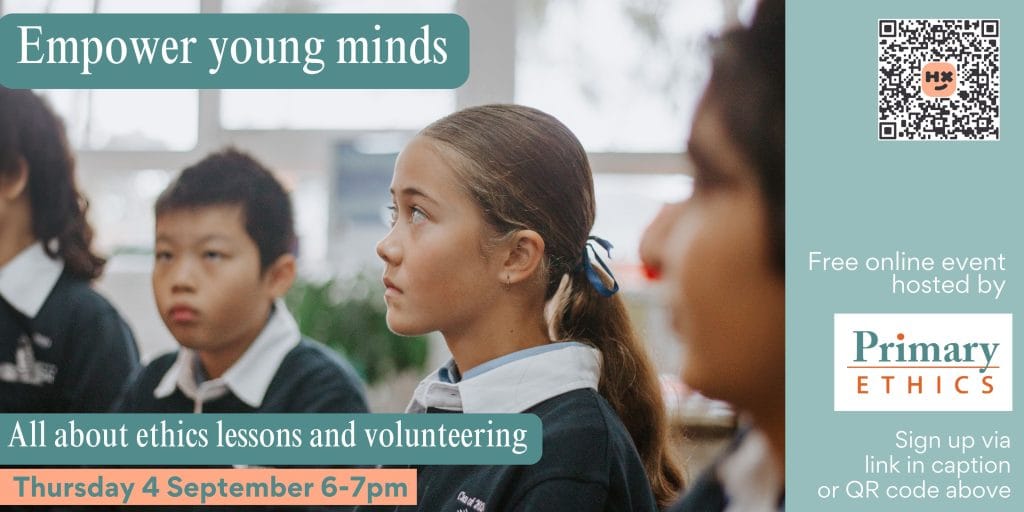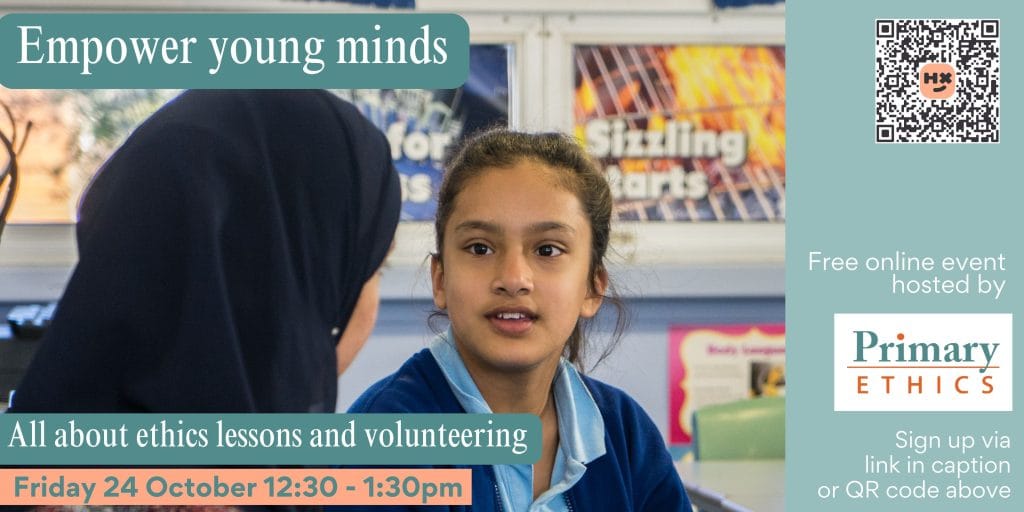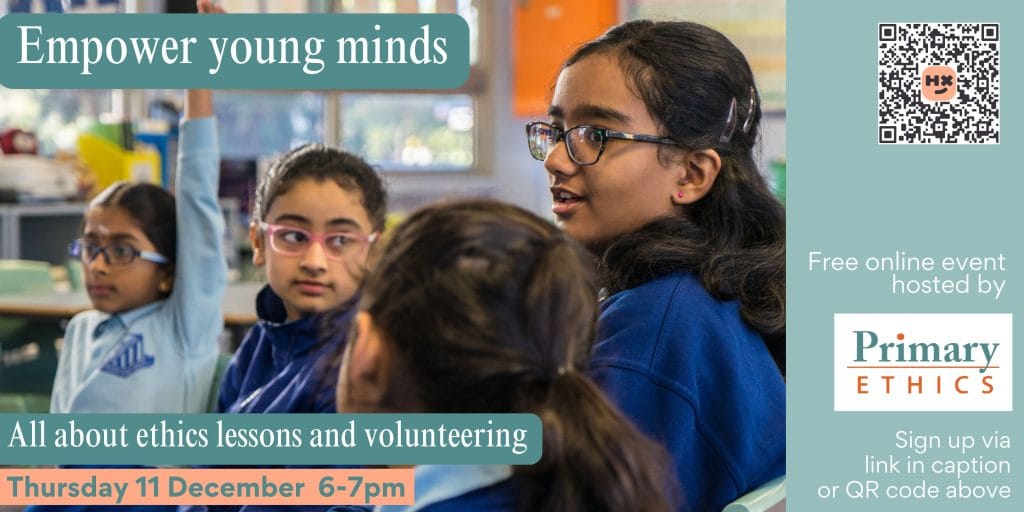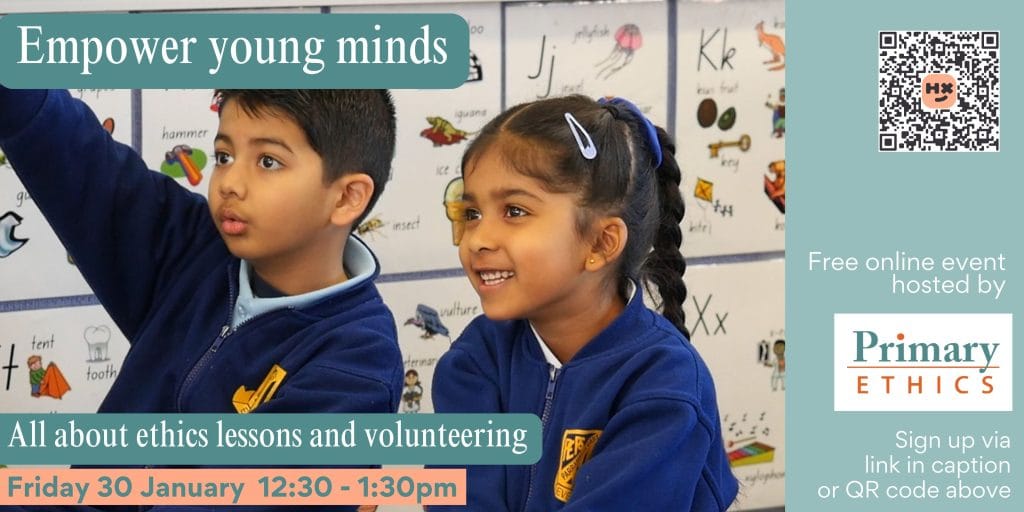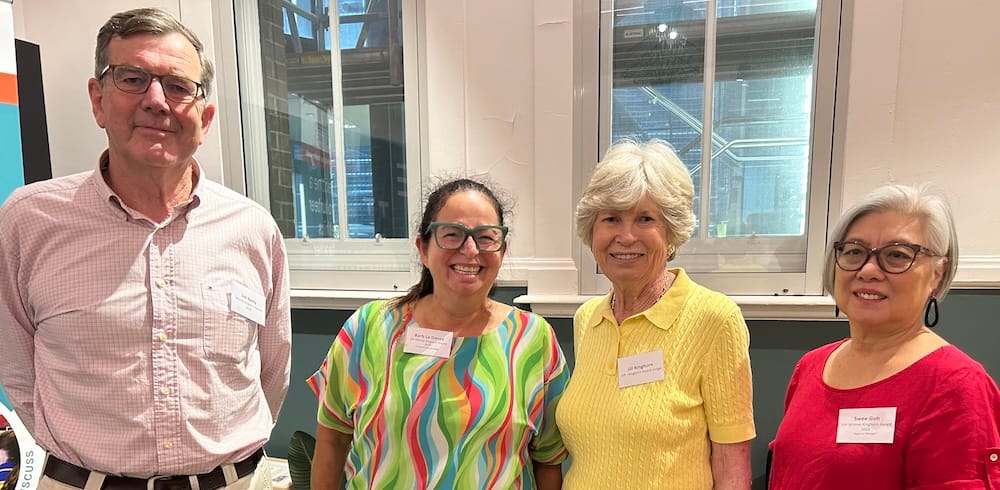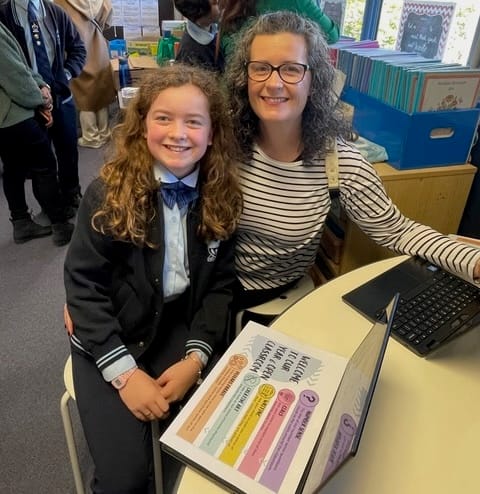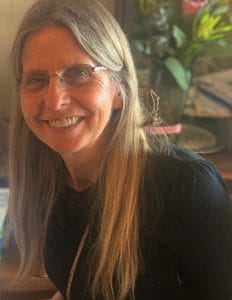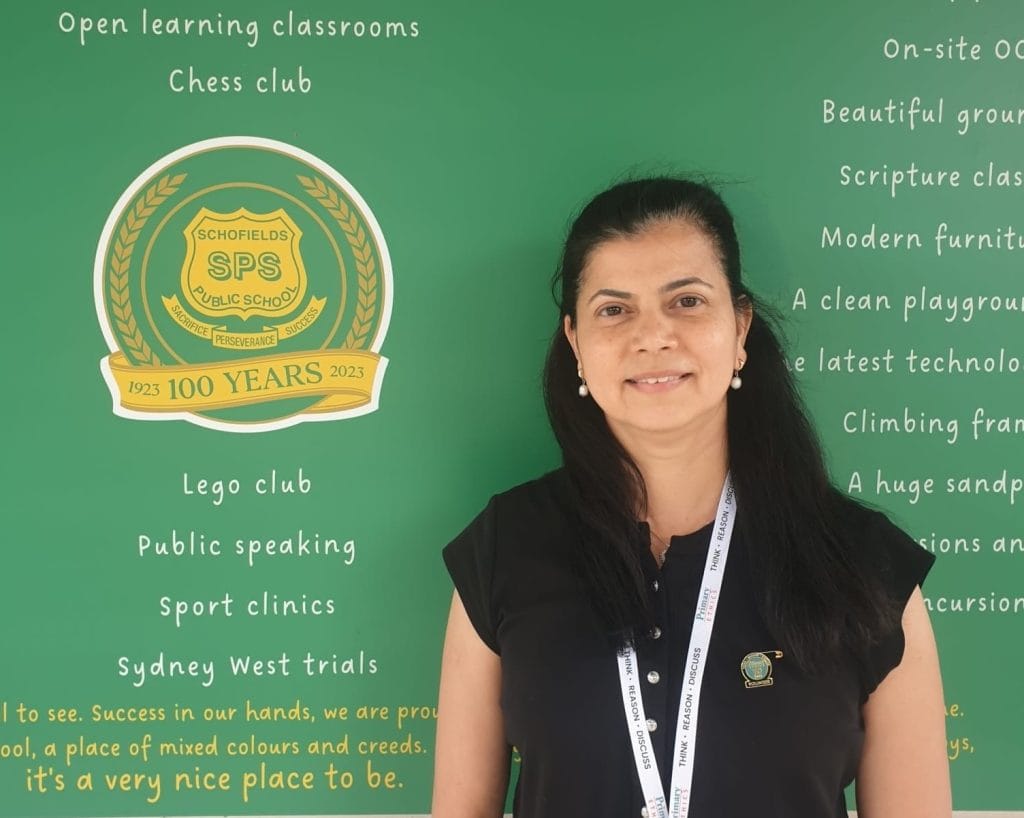Empowering young minds: webinars
We run regular one-hour webinars for anyone interested to find out more about ethics classes and volunteering with us.
You’re very welcome even if you know you can’t volunteer but simply want to find out more about ethics. You’ll be able to participate in a demo lesson (to see our teaching style in action), hear first-hand experiences from current volunteers, hear about our comprehensive free training and support and also learn about what’s involved in volunteering with us.
We welcome questions, which you can ask in advance when you register.
